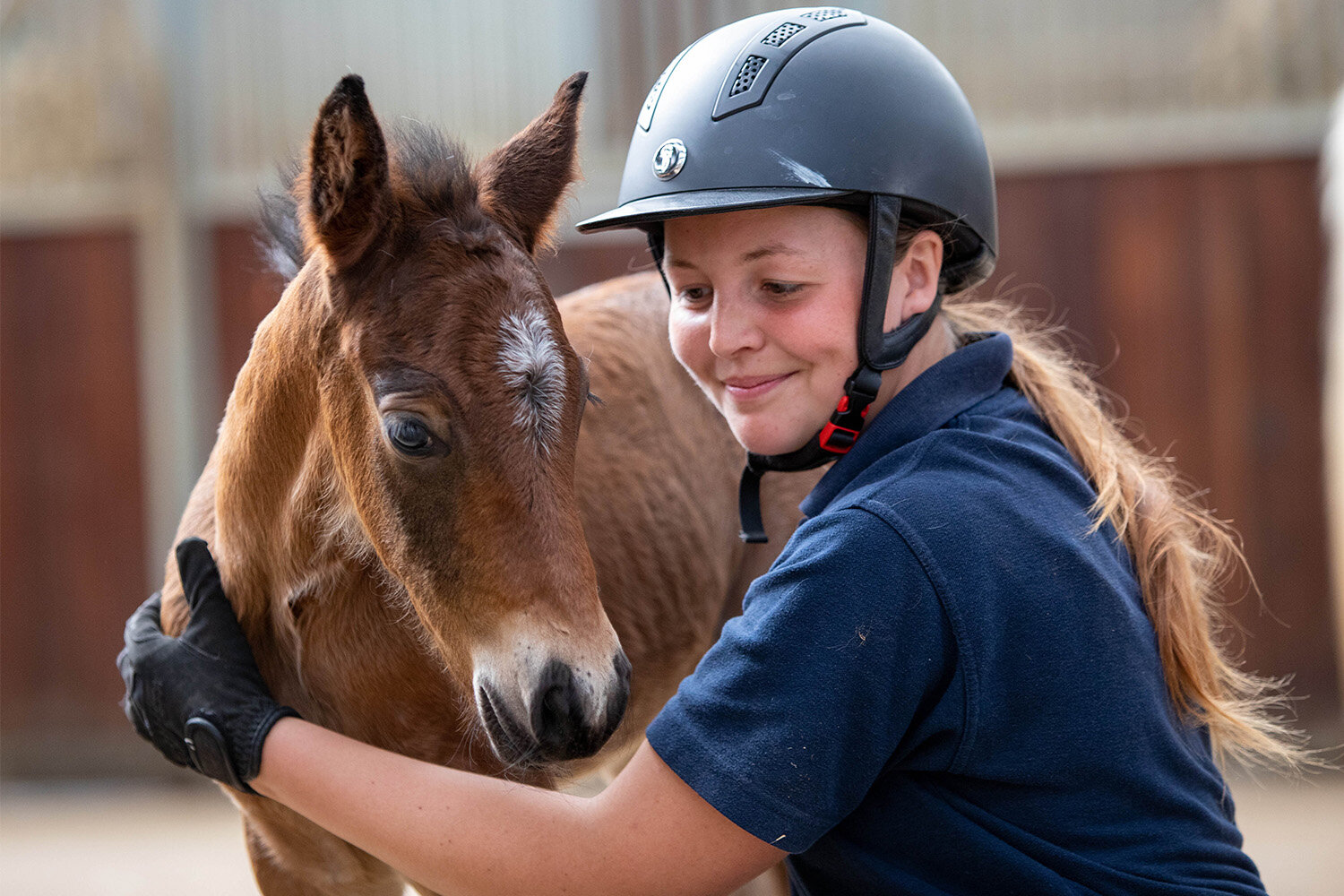World Horse Welfare Statement in response to the Grand National 2023
“Yesterday was a very sad day,” said Roly Owers, Chief Executive of World Horse Welfare, responding to the events at the 3-day Grand National meet.
Posted on 16/04/2023
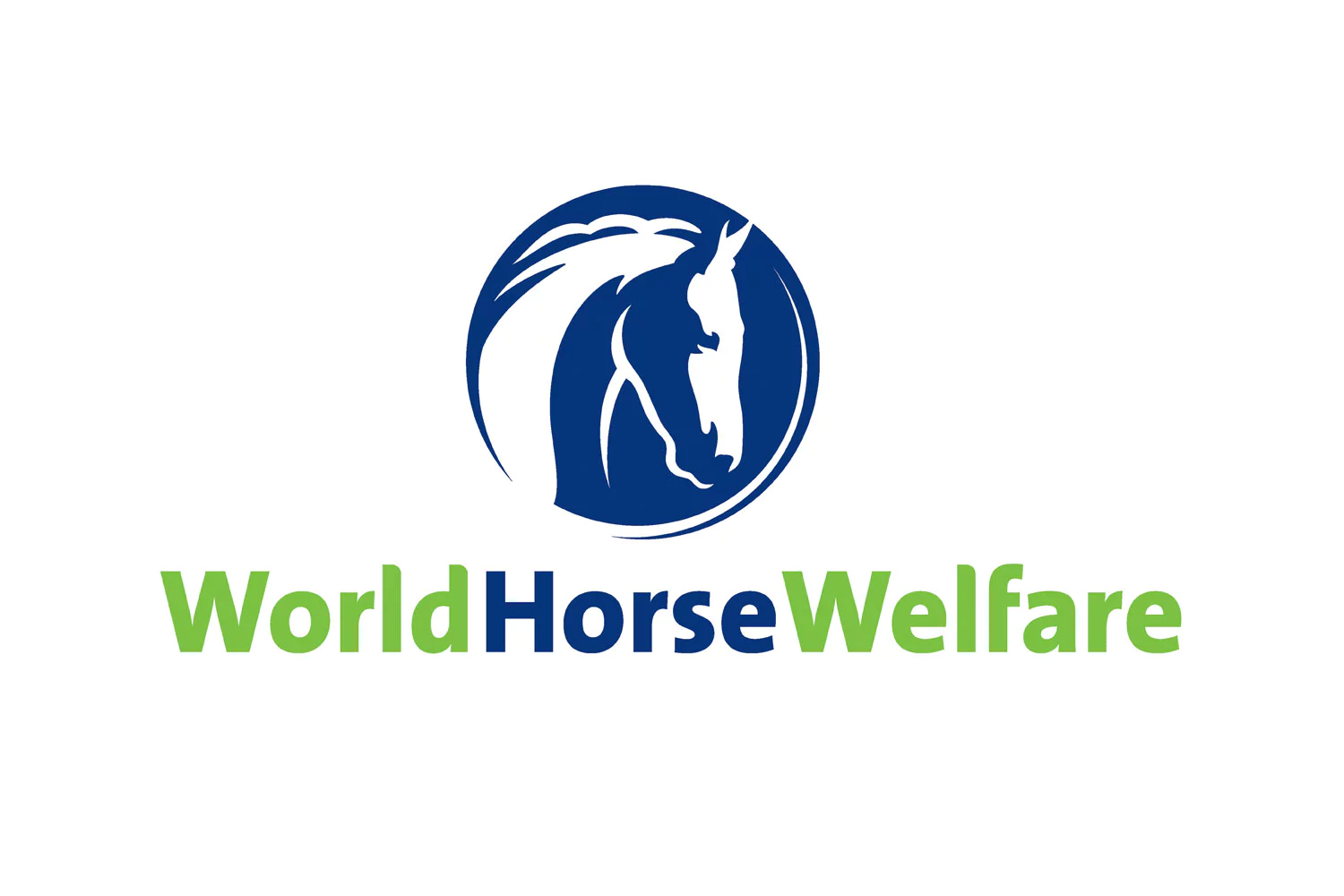
“Yesterday was a very sad day,” said Roly Owers, Chief Executive of World Horse Welfare, responding to the events at the 3-day Grand National meet. The charity supports the responsible involvement of horses in sport and is an independent welfare advisor to horse sport regulators, including the British Horseracing Authority.
“From Aintree to television screens across the world, this year’s meet was difficult to watch. The loss of Envoye Special, Dark Raven and Hill Sixteen is heart-breaking and we offer our condolences to their connections who we know will be devastated.
“Whilst it is true that accidents can happen anywhere – and the risks can never be removed altogether – jump racing poses specific risks that it has a responsibility to relentlessly reduce wherever possible. Whilst in the immediate aftermath of these events it is a time to reflect and review what has happened, it is clear to us that despite the changes made by Aintree and racing to date, much more needs to be done.
“In practical terms, this is an urgent reminder of the need to bring work on the Jump Race Risk Model to the fore. The model is a key tool to help inform how to make this and other jump races safer. Progress on this key project has not been quick enough and this needs to change now that racing has an agreement in place with the Royal Veterinary College to help take it forward. Overall, the types of questions that need to be considered are the number of runners, how to reduce the number of fallers, how to better manage loose horses and how to better manage the start.
“No one can accept fatalities as a certainty at any race and no one, least of all anyone in racing, wants to see what we witnessed in yesterday’s Grand National.”
Topics
Related News

World Horse Welfare statement in response to the UK Government’s new Animal Welfare Strategy
Our Chief Executive, Roly Owers, responds to the publication of the new strategy.
Recommended Blog Posts
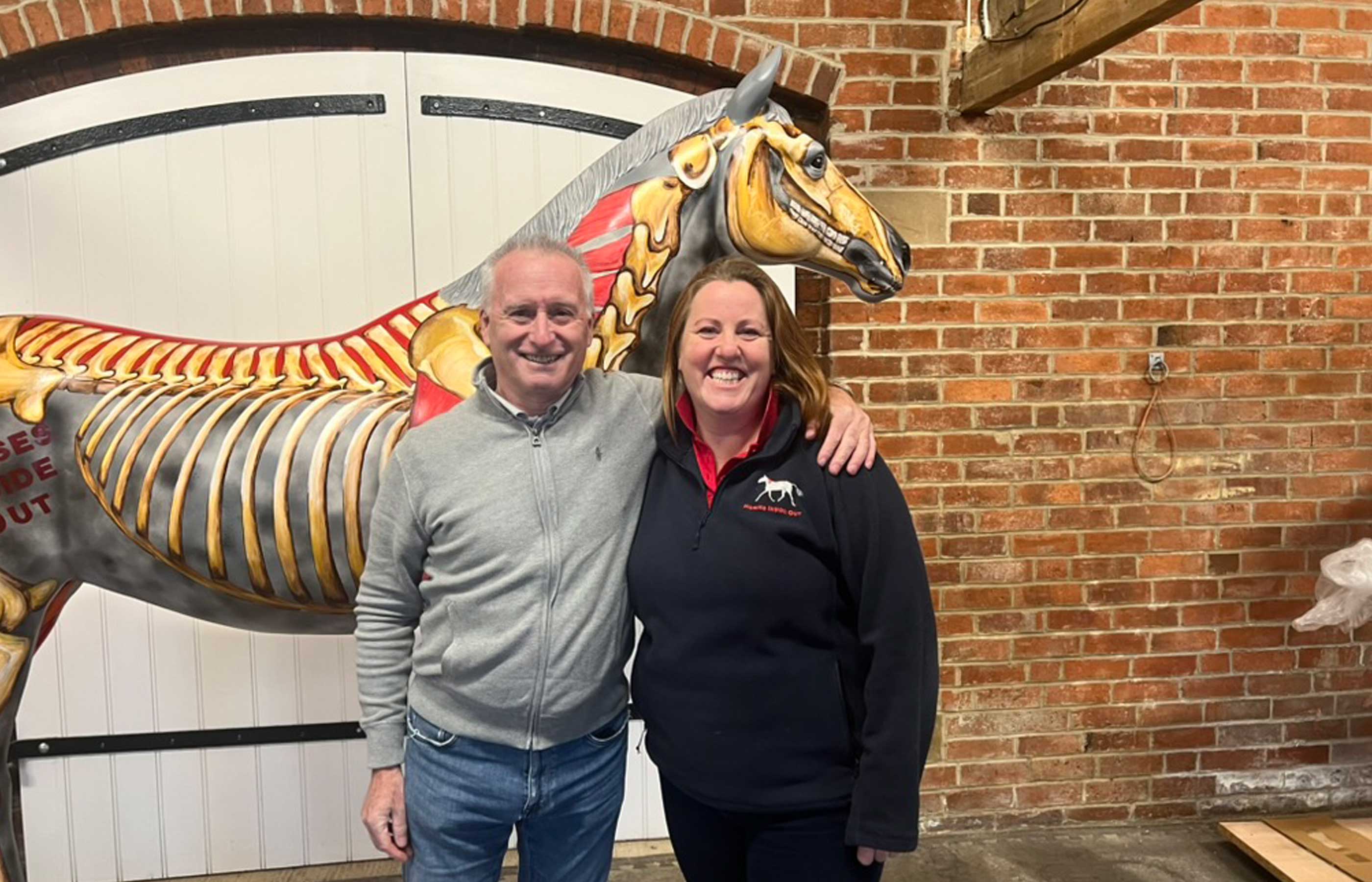
Holistic training – a kinder, smarter way to work with your horse
Learn about a holistic approach to training horses with our special guest blog from Horses Inside Out.
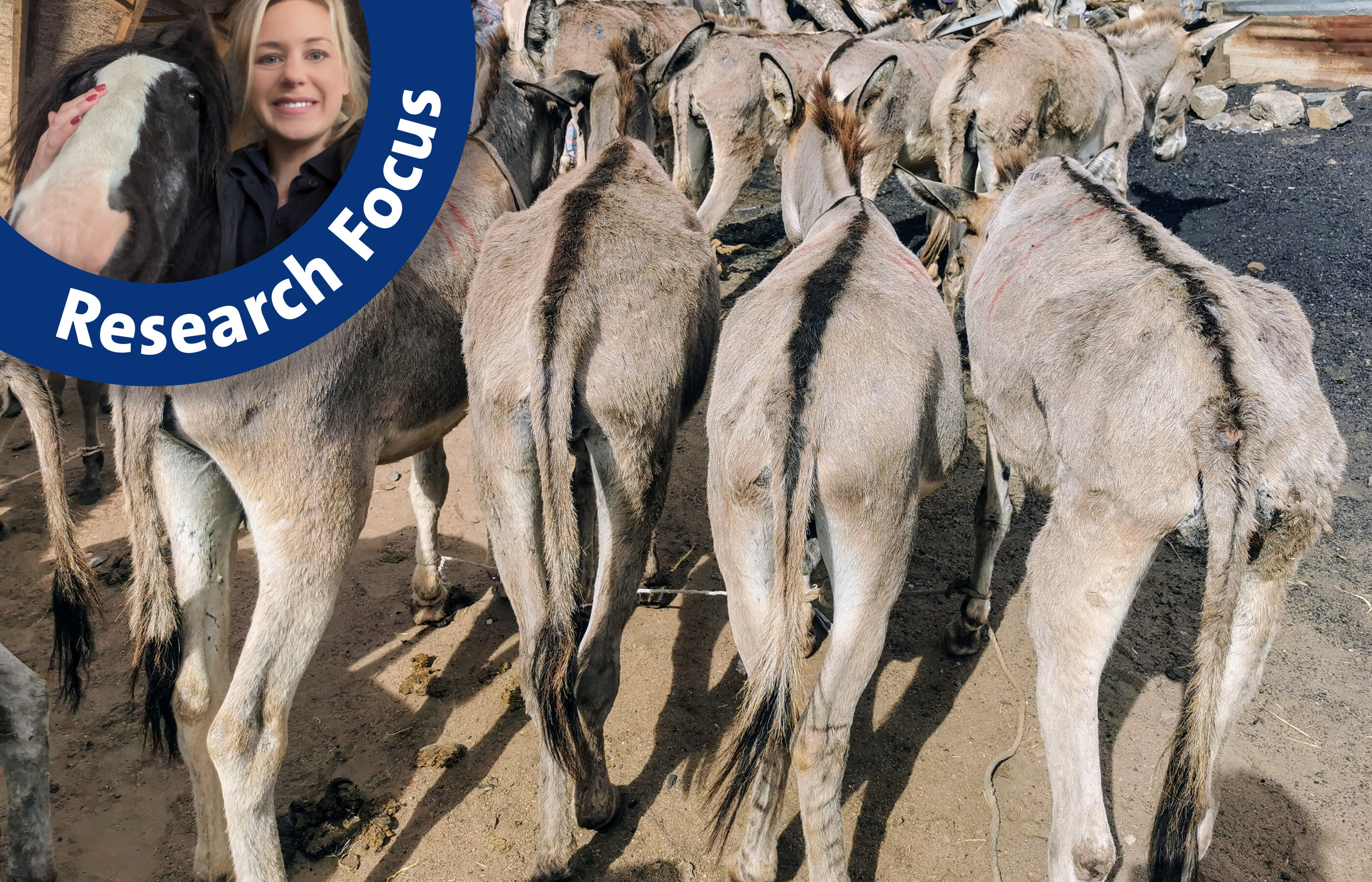
The need to improve equine welfare at slaughter
A look inside our much-needed research to inform improved practices worldwide.
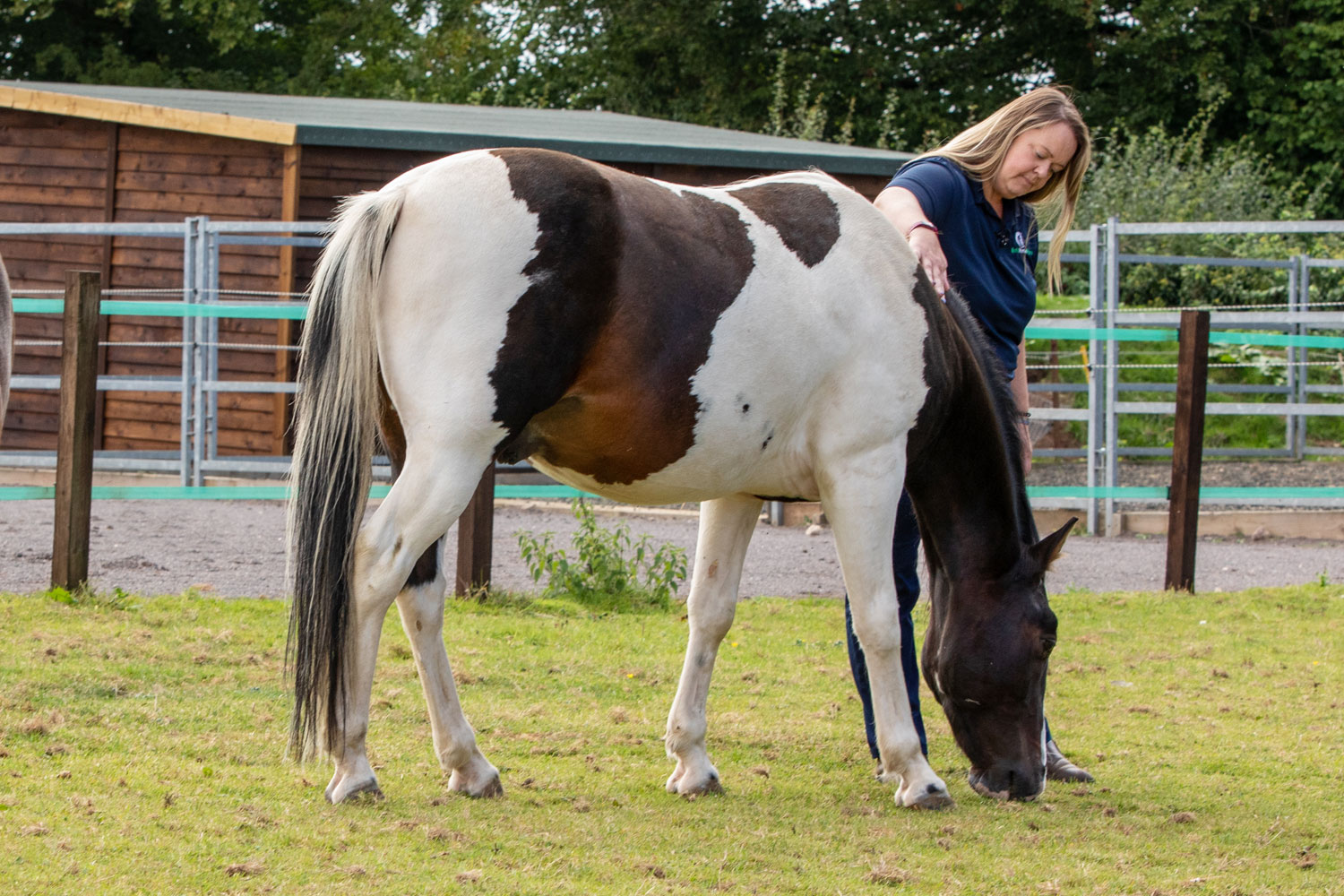
End of life: a decision most horse owners dread, but how do you prepare for it?
Field Officer Penny Baker shares her thoughts on how horse owners can prepare for the decision nobody wants to have to make.
Enjoy reading stories like this?
Join over 65,000 other horse lovers and sign up for our email newsletter

Join over 65,000 other horse lovers and sign up for our email newsletter
Sign me up now
